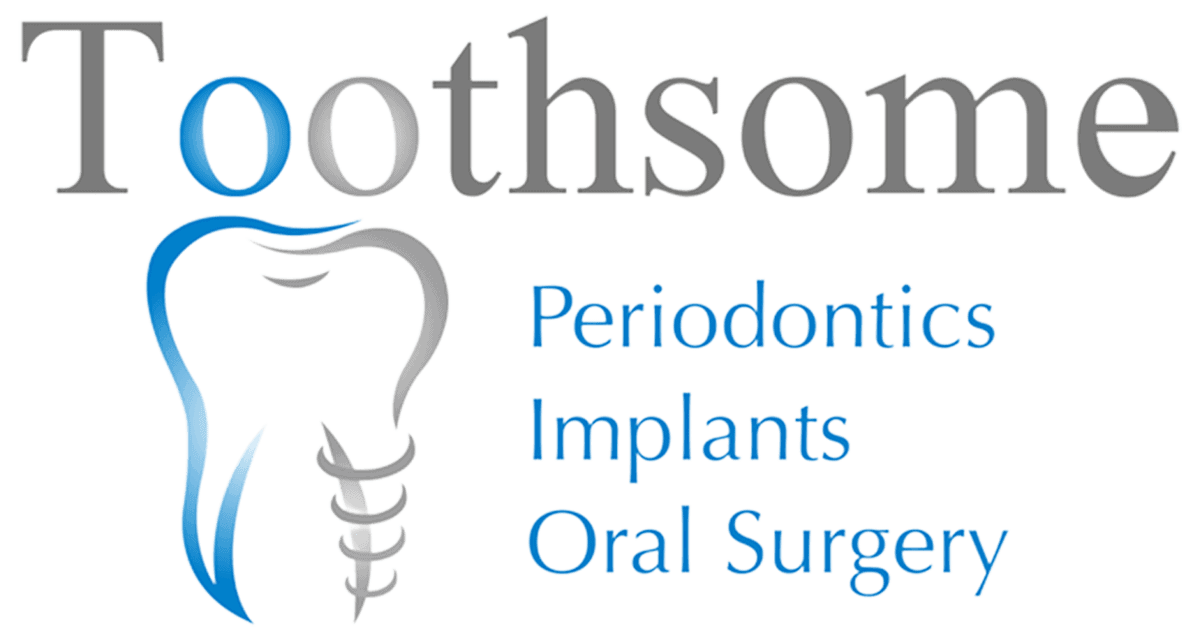If you’ve ever experienced the discomfort and pain associated with wisdom teeth, you understand the importance of addressing this dental issue. Wisdom tooth removal cost Australia has can soon become the talk of the town once someone has an issue with that third molar. So, it’s only natural that while dental health considerations often drive the decision to remove wisdom teeth, you harbour many questions about the cost of this common dental procedure.
In this comprehensive article, we’ll delve into the details of wisdom tooth removal cost in Australia. From the factors that influence pricing to the different types of extraction procedures, we aim to provide you with a clear understanding of what to expect regarding the financial aspect of addressing your wisdom teeth. So, whether you’re a young adult or a concerned parent, let’s navigate the world of wisdom tooth extraction costs together and ensure that you’re well-prepared for this common dental procedure.
Factors That Influence The Costs Of Wisdom Tooth Extractions
Wisdom teeth removal cost in Australia can vary significantly from one patient to another. Several factors come into play when determining the overall cost of this dental procedure.
Understanding these factors will help you better evaluate your surgical tooth extraction cost.
Here are the key factors influencing the cost:
1. Number Of Wisdom Teeth
The number of wisdom teeth requiring extraction plays a significant role in determining the cost. Some individuals may have all four wisdom teeth, while others may have fewer or none at all.
Removing a single wisdom tooth is typically less expensive than extracting multiple teeth during the same procedure.
2. Impaction Level
Impacted wisdom teeth, which are trapped beneath the gum or bone, often require more complex surgical procedures for extraction. The degree of impaction, whether partial or complete, can influence the cost. Surgical extractions are generally more expensive than simple extractions.
3. Dental Specialist’s Experience
The dental professional performing the extraction can influence the cost. General dentists often charge less for wisdom tooth removal than oral surgeons. Oral surgeons are specialists trained to handle complex extractions, which may be necessary for impacted or deeply rooted wisdom teeth.
4. Location
The cost of dental procedures can fluctuate according to location, with urban areas generally having higher prices than rural regions. Factors such as the cost of living and overhead expenses can impact dental fees. Patients in major cities may expect to pay more for wisdom tooth extractions than those in smaller towns.
5. Consultation And Diagnostic Fees
You should schedule a consultation with a dentist or oral surgeon before having your wisdom teeth removed. It could also be necessary to do diagnostic treatments like X-rays or 3D scans to see how well your wisdom teeth are doing. These consultations and diagnostic tests may have associated fees contributing to the overall cost.
6. Pre-Existing Dental Issues
Additional treatments or procedures may be required if your wisdom teeth are the root cause or contributing to pre-existing dental issues such as tooth decay, gum disease, or infection. The price of solving these problems will increase your overall cost.
7. Complications
 The entire cost may rise as a result of complications that occur during the extraction operation, such as severe bleeding, infection, or the requirement for post-operative care. To reduce the possibility of problems, it’s critical to adhere to post-operative recommendations strictly.
The entire cost may rise as a result of complications that occur during the extraction operation, such as severe bleeding, infection, or the requirement for post-operative care. To reduce the possibility of problems, it’s critical to adhere to post-operative recommendations strictly.
Keep in mind that the cost of wisdom tooth extractions in Australia can vary significantly based on these factors.
It’s advisable to talk to a dental professional to assess your specific situation and obtain a personalised cost estimate for the extraction procedure.
Additionally, inquire about payment options, including payment plans or financing, to make the procedure more affordable if needed.
The Role Of Anaesthesia In Wisdom Tooth Removal Costs
Wisdom tooth removal procedures often involve the use of anaesthesia to ensure a comfortable experience for the patient. The type of anaesthesia selected can influence the procedure’s complexity and its associated cost.
Here’s a closer look at how anaesthesia options can affect the overall cost of wisdom tooth removal:
1. Local Anaesthesia
This is the most common form of anaesthesia used for simple wisdom tooth extractions. The tooth’s surrounding area is numbed, enabling the dentist to extract it while the patient is still conscious. Since local anaesthetic doesn’t require the presence of an anaesthesiologist, it is typically the most economical choice.
2. Twilight Sedation (IV Sedation)
Twilight sedation, also known as IV sedation, is a moderate form of sedation that induces a state of deep relaxation while the patient remains conscious but drowsy. It is often used for more complex extractions or patients with dental anxiety.
3. General Anaesthesia
General anaesthesia may be necessary in cases of severely impacted wisdom teeth or multiple extractions. This method renders the patient completely asleep throughout the procedure, which is why it’s frequently the most expensive sort of sedation. This method also necessitates the use of advanced monitoring equipment.
The intricacy of the treatment, the patient’s level of fear, and the dentist’s suggestion will all affect the anaesthetic method used.
During the consultation stage, you must review these options and the accompanying expenses with your dental expert.
Can Private Insurance Plans Reduce Your Expenses?
Wisdom tooth extraction is a popular dental procedure, and many individuals wonder whether their dental insurance will cover the cost.
In Australia, dental health insurance plans can vary widely in coverage, so it’s essential to understand your policy and its benefits regarding wisdom tooth removal.
Private health insurance can provide more timely access to dental care, including wisdom tooth extractions.
Certain dental procedures, such as the removal of wisdom teeth, may be covered with varying budget limits depending on the type of private health insurance plan you have.
Here are some crucial considerations:
 Extras Cover: Most private health insurance policies offer extras or ancillary cover, which includes dental services. The extent of coverage for wisdom tooth extractions will depend on the specific extra cover you have chosen. Reviewing your policy to understand the limits, waiting periods, and annual benefits for dental procedures is essential.
Extras Cover: Most private health insurance policies offer extras or ancillary cover, which includes dental services. The extent of coverage for wisdom tooth extractions will depend on the specific extra cover you have chosen. Reviewing your policy to understand the limits, waiting periods, and annual benefits for dental procedures is essential.- Major Dental: Some private health insurance plans have a separate category known as “major dental” or “major dental surgery.” Wisdom tooth extractions often fall under this category. Major dental coverage typically has higher annual benefit limits compared to general dental extras cover.
Simple VS. Impacted Wisdom Tooth Removal
Speaking of wisdom tooth removal, there are two primary categories: simple extractions and impacted extractions. The type of extraction needed depends on the position and condition of your wisdom teeth. Let’s explore the differences between these two procedures and how they can impact the overall cost.
Simple Wisdom Tooth Extraction
What Is It?
Simple wisdom tooth extraction refers to removing a fully erupted wisdom tooth that is visible above your gum line and can be easily accessed by a dentist or oral surgeon.
Procedure
During a simple wisdom tooth extraction:
- The experienced dentist or oral surgeon administers local anaesthesia to numb the area.
- The tooth is loosened using advanced instruments.
- Once sufficiently loosened, the tooth is gently removed with forceps.
Cost
Simple extractions are generally less expensive than impacted extractions due to their straightforward nature. They typically require less time and involve minimal surgical intervention. The cost can vary but is usually more predictable.
Impacted Wisdom Tooth Extraction
What Is It?
Impacted wisdom tooth extraction involves the removal of wisdom teeth that aren’t fully erupted and remain partially or completely trapped beneath the gum line or within the jaw bone. Impacted wisdom teeth can result in infection, pain, and damage to adjacent teeth if neglected.
Procedure
Impacted extractions are more complex and may involve:
- A combination of local anaesthesia and sedation or general anaesthesia for comfort
- An extensive incision in the gum tissue to access the impacted tooth
- Removal of bone or tissue obstructing the tooth
- The tooth may become sectioned into smaller pieces for easier removal
- Stitching of the incision after tooth removal
Cost
In general, impacted wisdom teeth extractions cost more than straightforward extractions. The cost is higher since the operation is more complicated, sedation or general anaesthesia is used, and maybe surgical methods are required. The level of impaction and the particulars of the treatment might significantly impact the price.
Symptoms Of Impacted Wisdom Teeth
Impacted wisdom teeth, also called third molars, are teeth that do not fully emerge or grow properly through the gum line.
Impaction is a common issue with wisdom teeth, and it can lead to various symptoms and dental problems.
Here are some common symptoms of impacted wisdom teeth:
- Pain And Discomfort: Feeling discomfort and pain in the back of the mouth are two of the most obvious signs of impacted wisdom teeth. The jaw, ear, or throat may be affected by this discomfort, which can be either intermittent or chronic.
- Swelling And Redness: Swelling and redness around the affected area are common signs of impaction. The gum tissue near the wisdom tooth may become swollen and tender to the touch.
- Jaw Stiffness: Impacted wisdom teeth can cause jaw stiffness and limited jaw movement. This can make it challenging to open and close your mouth comfortably.
- Bad Breath: When food particles and bacteria get trapped around impacted wisdom teeth, they can lead to bad breath or a bitter taste in your mouth.
- Headaches: Some individuals may experience tension headaches due to the pressure and pain caused by impacted wisdom teeth.
- Difficulty In Chewing: Impacted wisdom teeth can make chewing and biting painful and difficult, leading to dietary changes or food avoidance.
- Swollen Glands: Swollen lymph nodes or glands in the neck and jaw area can occur in response to the inflammation caused by impacted wisdom teeth.
- Infection: Impacted wisdom teeth are prone to infections. An infection, known as pericoronitis, can cause severe pain, pus discharge, and even a fever.
- Difficulty In Cleaning: Given their location at the back of the mouth, impacted wisdom teeth are challenging to clean properly. This can increase the risk of dental decay, gum disease, and infections.
- Damage To Adjacent Teeth: Impacted wisdom teeth can push against neighbouring teeth, causing them to shift, become misaligned, or even sustain damage.
It’s important to note that not everyone with impacted wisdom teeth will experience all of these symptoms, and the gravity of the symptoms may vary from one individual to another.
If you suspect that you’ve got impacted wisdom teeth or are experiencing any of these symptoms, it’s essential to consult with a dentist or oral surgeon for a thorough examination and appropriate treatment recommendations.
Ignoring the symptoms of impacted wisdom teeth can lead to more severe dental issues, including infections, cysts, and damage to adjacent teeth. Timely assessment and management are crucial to maintaining your oral health and preventing complications.
Frequently Asked Questions
 Will Medicare cover the cost of having my wisdom teeth removed?
Will Medicare cover the cost of having my wisdom teeth removed?
As a general rule of thumb, Medicare doesn’t cover wisdom tooth extractions.
However, Medicare might provide coverage for wisdom tooth removal in situations where hospital treatment is necessary, often due to the case’s complexity, such as challenging root positions or shapes.
In such instances, you will be categorised as an in-patient, and Medicare can assist in covering the Medical Benefits Schedule (MBS) fees related to your surgical procedure.
What are the risks that come with wisdom tooth extraction?
Wisdom tooth extraction is typically a safe procedure. However, surgery’s hazards include infection, bleeding, nerve injury, and empty or dry sockets. Before the operation, you will discuss these risks with your dentist or oral surgeon.
Is it necessary to remove wisdom teeth even if they are not causing pain?
Even if they aren’t now hurting or uncomfortable, wisdom teeth are frequently removed as a preventive step. This is because they may result in future dental problems such as infection and harm to neighbouring teeth. Your dentist or oral surgeon will look into your specific situation to determine the necessity of your surgical extraction.
What can I expect during the recovery period after wisdom tooth removal?
Recovery from wisdom tooth removal might take a few days to a couple of weeks. You may experience swelling, discomfort, and some dietary restrictions during this time. Your dental professional will provide you with post-operative care instructions to help you manage the recovery process.
Can I drive myself home after wisdom tooth extraction with sedation or general anaesthesia?
Driving yourself home after undergoing sedation or general anaesthesia isn’t recommended because these may make it more difficult for you to drive safely. On the day of the treatment, you must arrange for a competent adult to drive you to and from the dentist’s.
Getting Your Wisdom Teeth Removal
Wisdom tooth removal is one of the most commonly performed dental procedures many individuals face at some point. While the cost of wisdom tooth extractions in Australia can vary based on factors such as the complexity of the procedure, type of anaesthesia used, and location, it’s crucial to prioritise your oral health.
Regular dental checkups and evaluations can help identify potential wisdom tooth issues early on, allowing for a less complicated and expensive course of treatment.
However, if you see any signs towards the back of your mouth, such as pain, swelling, or discomfort, you should make an appointment with a dentist or oral surgeon right away.
Prioritising your oral health and getting treatment as soon as you can will more likely make the removal of your wisdom teeth go smoothly. Additionally, it will support you in keeping a radiant, healthy smile for years to come.
Do you need to have your wisdom tooth removal procedure? Contact our friendly team at Toothsome Implants Chatswood and experience expert treatment, coupled with unmatched patient care.
Note: Any surgical or invasive procedure carries risks. Before proceeding, you should seek a second opinion from an appropriately qualified health practitioner.



 Extras Cover: Most private health insurance policies offer extras or ancillary cover, which includes dental services. The extent of coverage for wisdom tooth extractions will depend on the specific extra cover you have chosen. Reviewing your policy to understand the limits, waiting periods, and annual benefits for dental procedures is essential.
Extras Cover: Most private health insurance policies offer extras or ancillary cover, which includes dental services. The extent of coverage for wisdom tooth extractions will depend on the specific extra cover you have chosen. Reviewing your policy to understand the limits, waiting periods, and annual benefits for dental procedures is essential. Will Medicare cover the cost of having my wisdom teeth removed?
Will Medicare cover the cost of having my wisdom teeth removed?